‘COVID 19 will be the worst pandemic we will ever witness in our lifetime’, says my colleague.
It was January 23, 2020 when Nepal confirmed its first positive case. He had come back from Wuhan, China, had minor COVID-19 symptoms, and recovered. Two months later, on March 23, a Nepalese teenager who had come from France was diagnosed COVID-19 positive. Evidence suggest that the course of the pandemic globally will depend very importantly on our behavior. It will determine who will live and who will die.
After the second case, Nepal has accelerated its effort to curb the spread of the disease. The entire country is in lockdown since 24th March with restricted mobility only for ‘essential services’. A good move. Like all neighboring countries, in fact most countries, are doing at the moment- shutting borders and flights, in addition to decreasing the “footprint” and maintain social distancing. There are two advantages to Nepal. Firstly, with current limited case management (isolation and treatment) capacity, this will at least reduce the transmissibility of infection (assuming there are infected people) to a large number of people; thereby reduce the crowding of hospitals which are even struggling to deliver routine health care. Secondly, it will give some time to the government to prepare for the worse that might be looming in the immediate term. However, appropriate use of lockdown time to accelerate government response is highly warranted – every minute is precious, not to be wasted.
So what about our own behavior? Coronavirus spreads quickly if one does not maintain certain hygiene protocol and practice. Virus is evolving and contrary to the earlier assumption on risk groups, Italy has seen young patients in ventilators. It is hard to predict how the virus is going to behave as time passes, so we had all better behave now or we are doomed. In the past, public health emergencies were dealt with by adopting basic principles of hygiene and it is pretty much the same measures we need to adopt to combat COVID-19. Singapore and Hong Kong have been trying these measures and have seen success. No doubt, frontline health workers are doing their best to ‘break the chain’, ‘flatten the curve’, and ‘halt the trajectory’. They are putting their life at risk for us with whatever basic minimum they have for surveillance, testing and treating. It is a high time that every health workers either working in tertiary hospitals or community are well protected and encouraged to deliver services to the people in need in this crisis. The government and people of all segment of the society have a bigger role than ever.
Most importantly, our behavior is central to the fight against COVID-19. Let us honor the “lockdown’ that government has in place for some time. Let us practice social distancing. Let us follow cough etiquette and hygiene measures. Everyone is at risk. Let us stay safe. The storm will pass but the shape of the post COVID-19 future depends on us. Mostly, on how we behave.

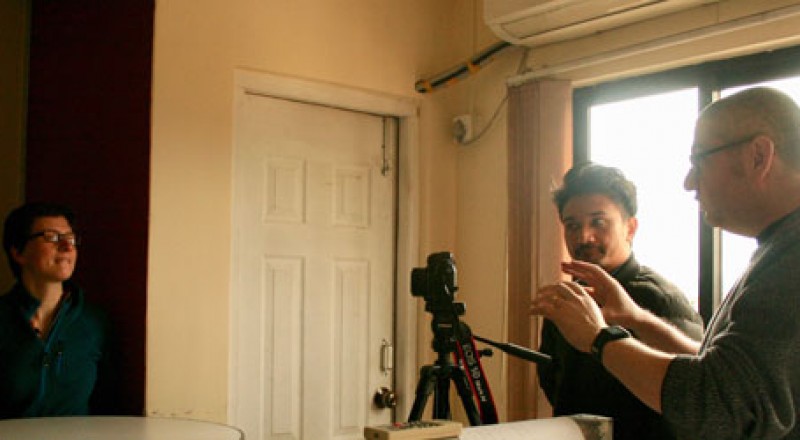
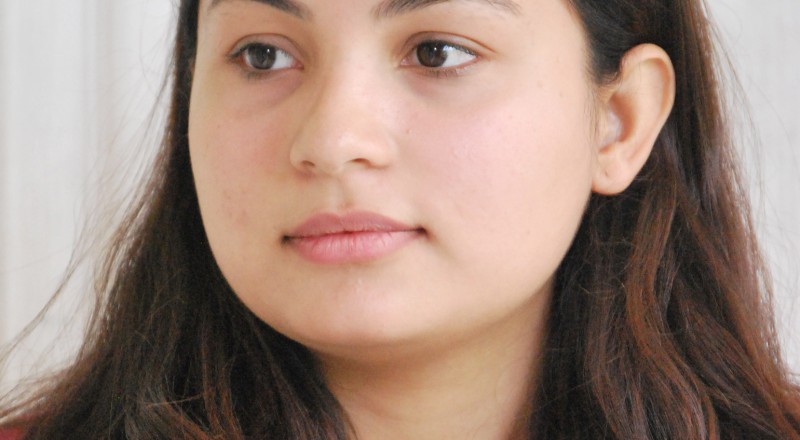
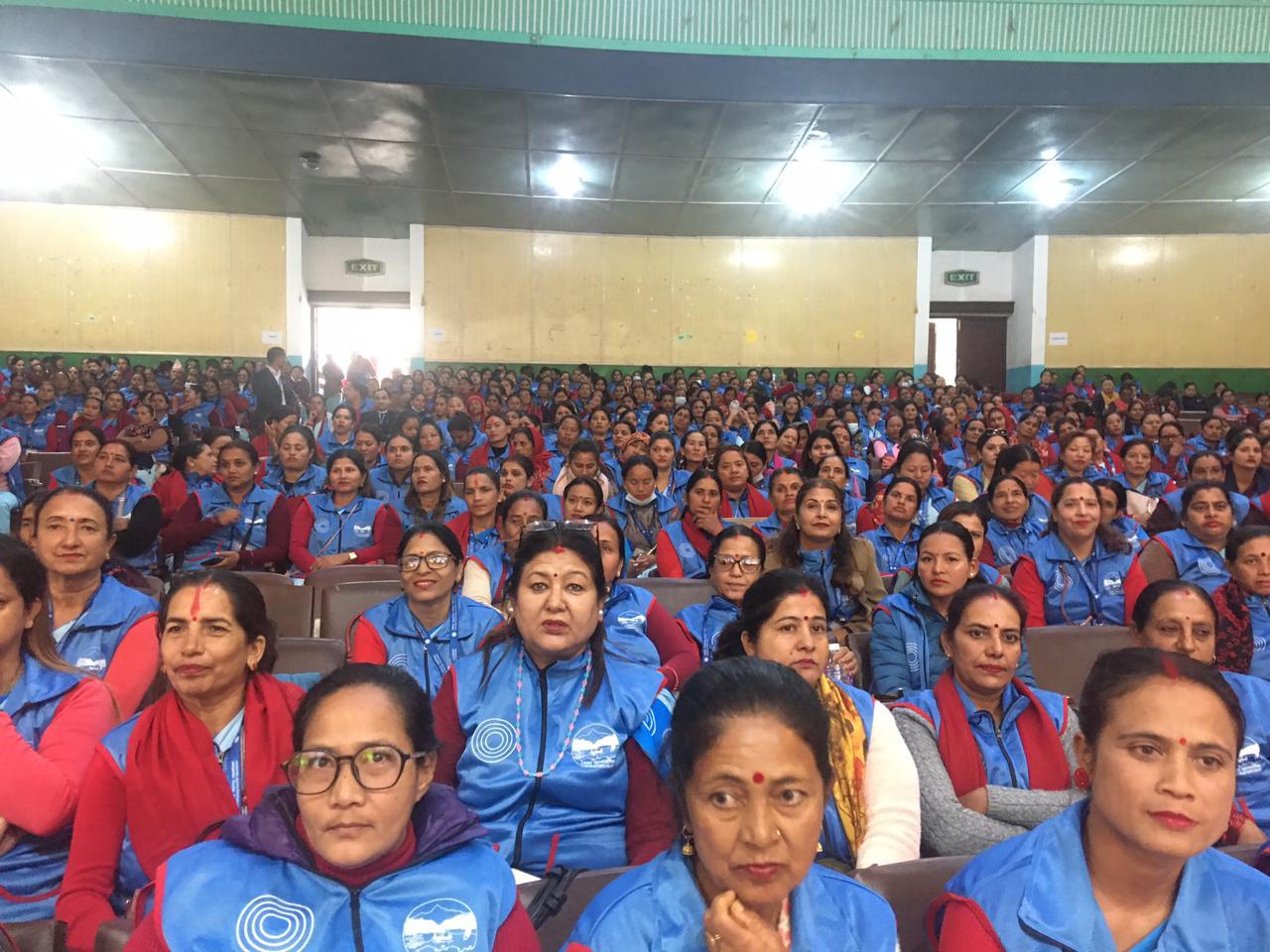
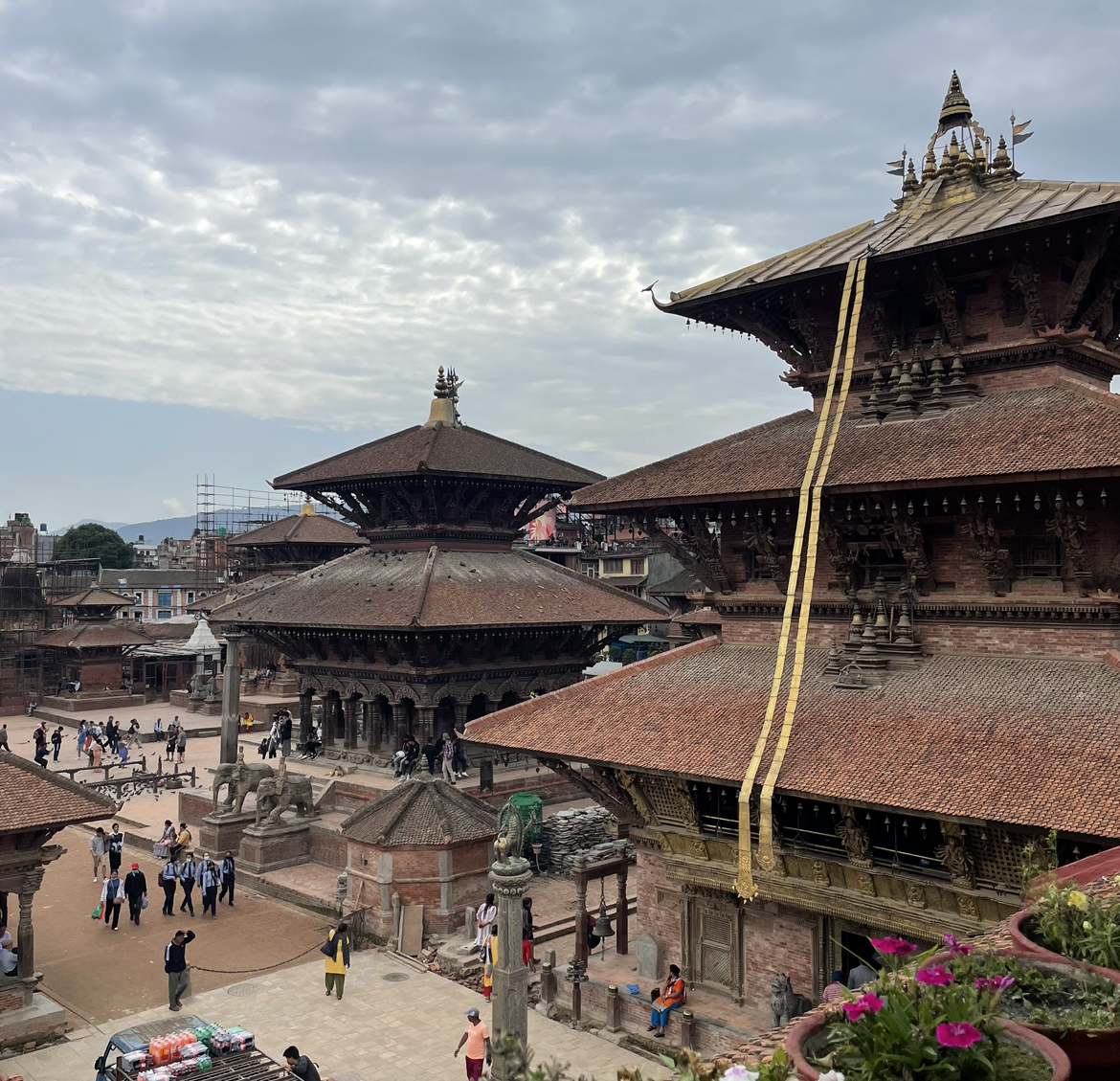
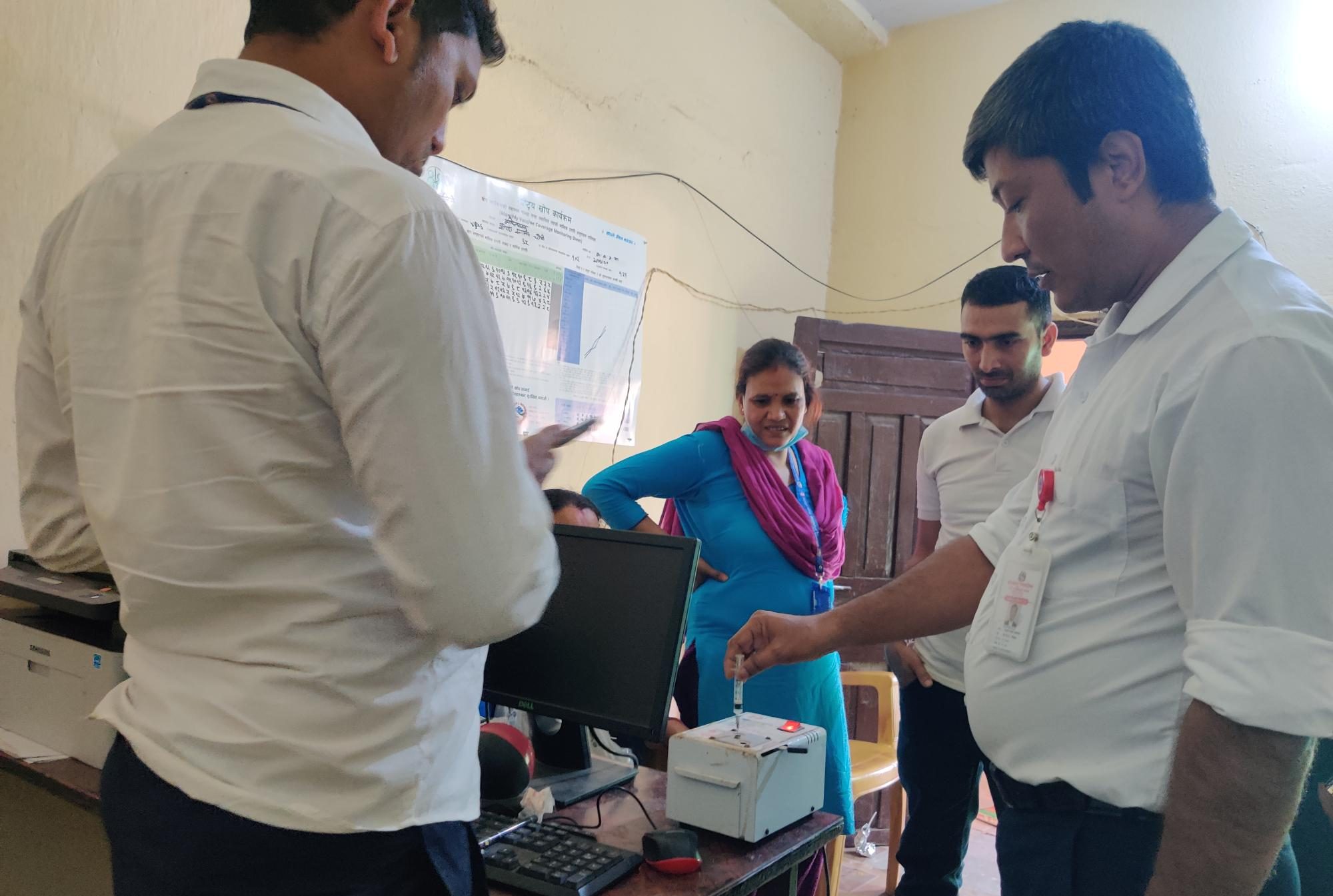

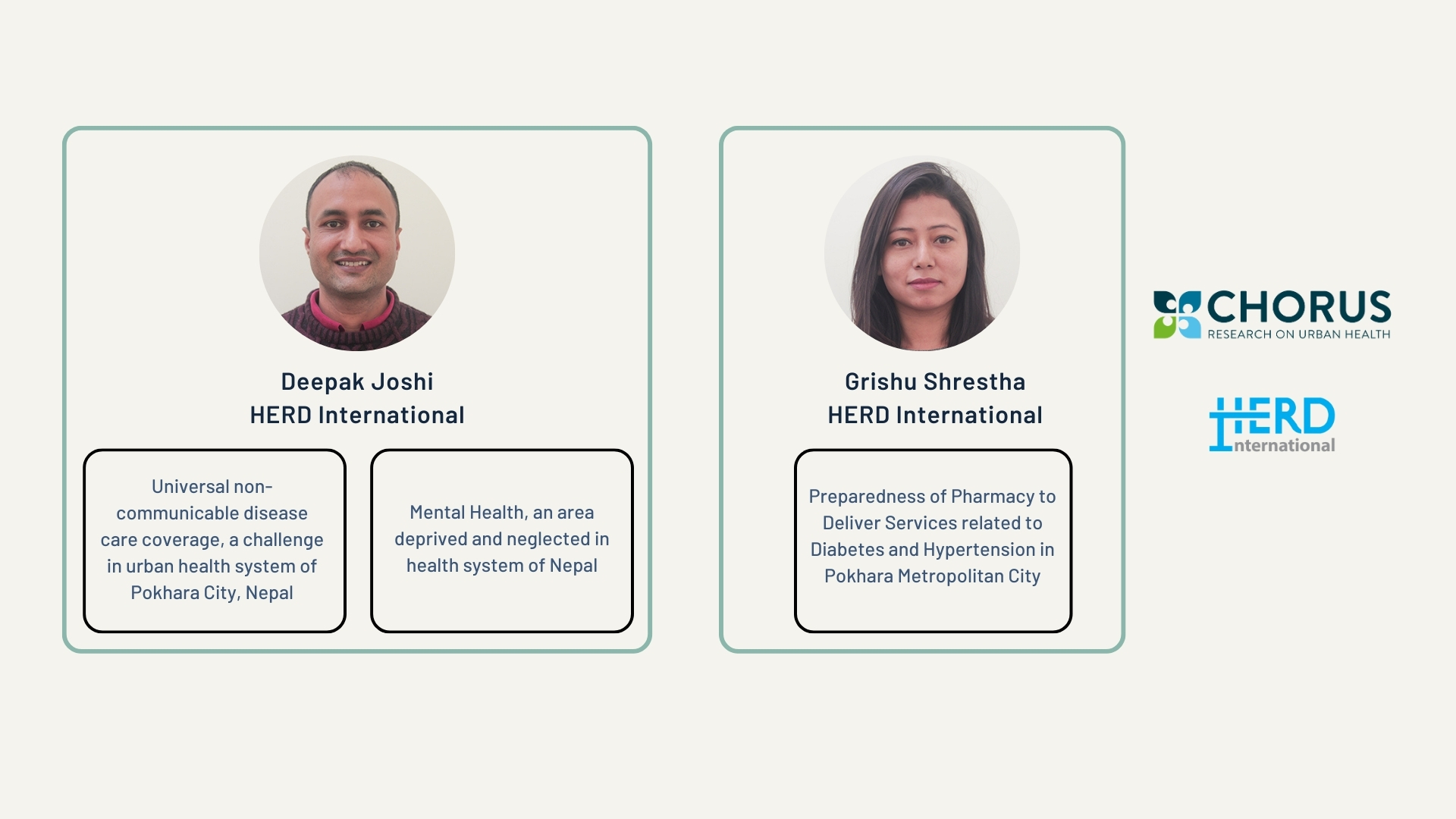
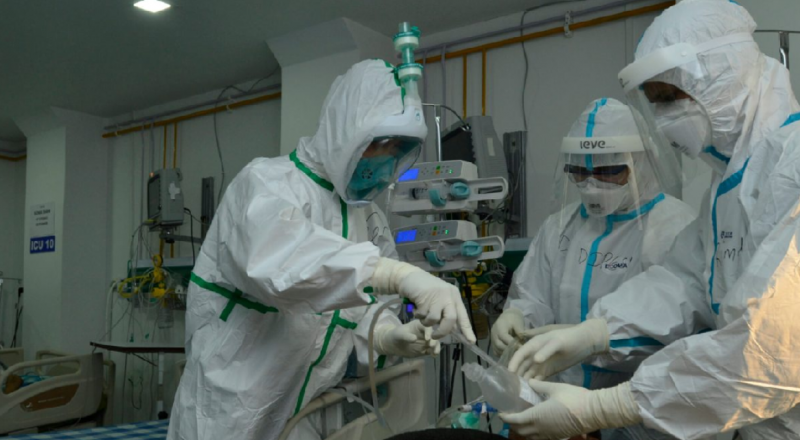
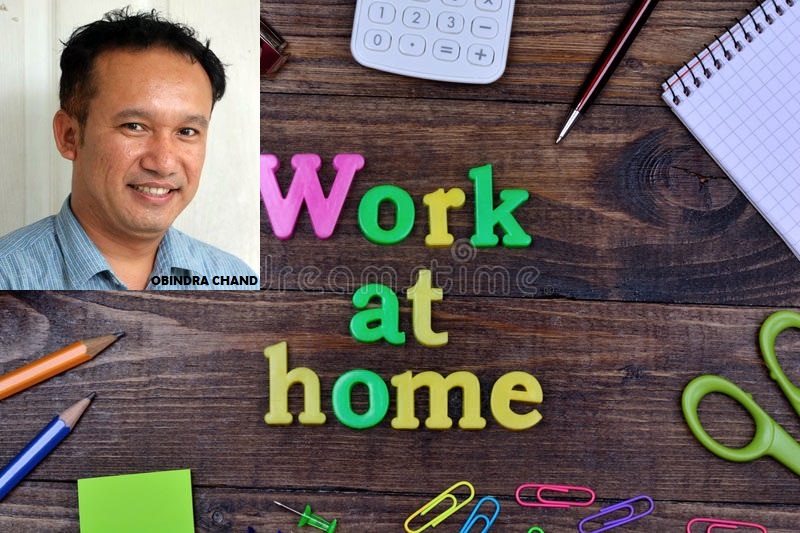
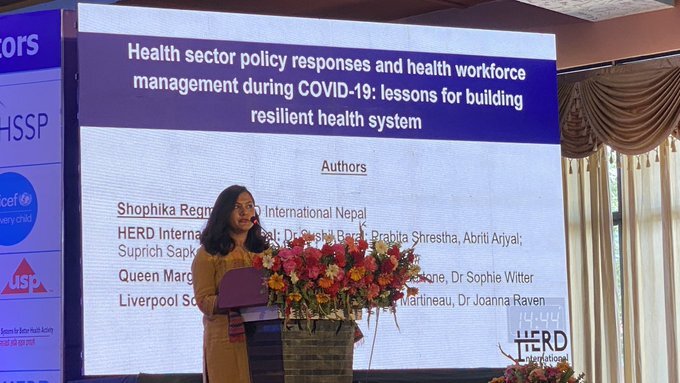
Comments (0)
No comments found.